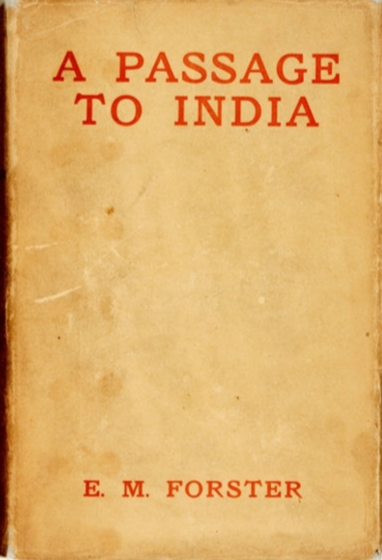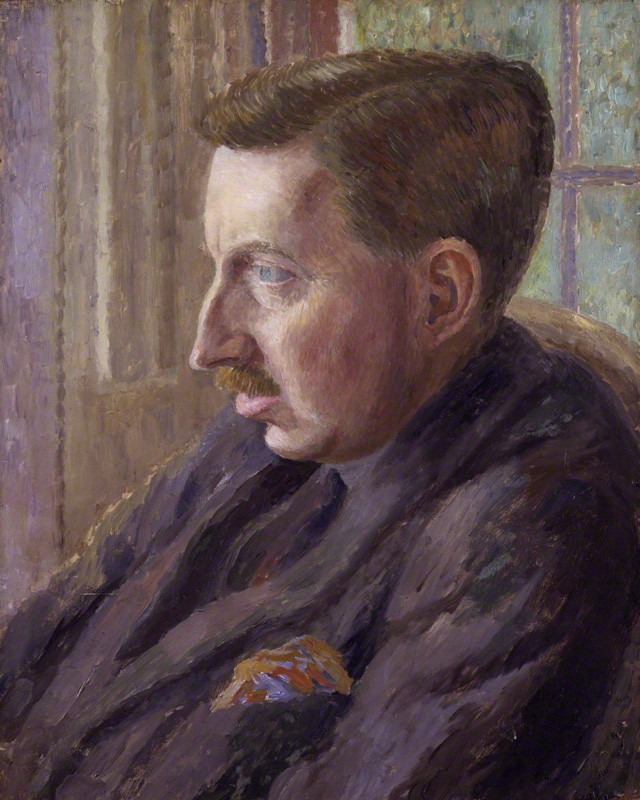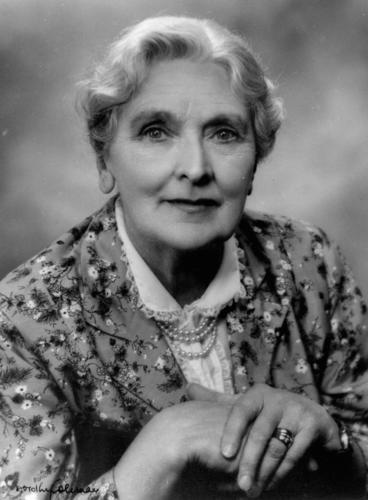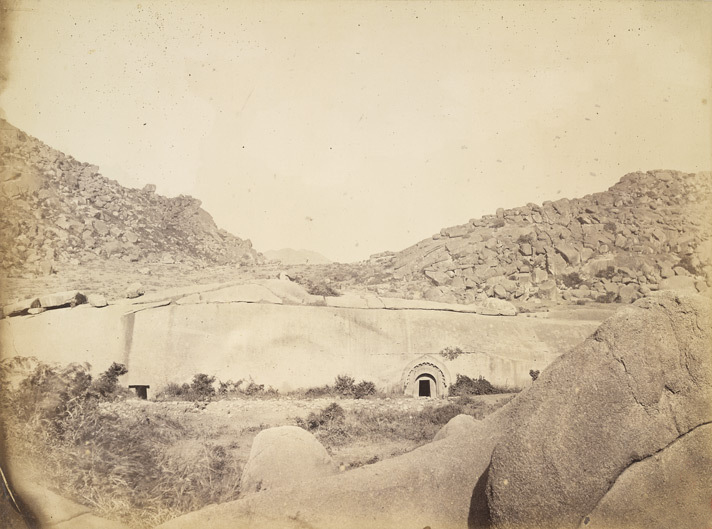Explore: A Passage To India (forster)
Discover books, insights, and more — all in one place.
Learn more about A Passage To India (forster) with top reads curated from trusted sources — all in one place.
AI-Generated Overview About “a-passage-to-india-(forster)”:
Books Results
Source: The Open Library
The Open Library Search Results
Search results from The Open Library
1The appropriated voice
By Bette Lynn London

“The appropriated voice” Metadata:
- Title: The appropriated voice
- Author: Bette Lynn London
- Language: English
- Number of Pages: Median: 196
- Publisher: University of Michigan Press
- Publish Date: 1990
- Publish Location: Ann Arbor
- Dewey Decimal Classification: 823.91209
- Library of Congress Classification: PR-0888.00000000.M63 L66 1990PR-0888.00000000.M63L66 1990
“The appropriated voice” Subjects and Themes:
- Subjects: ➤ Authority in literature - English fiction - History - History and criticism - Modernism (Literature) - Narration (Rhetoric) - Sex role in literature - Heart of darkness (Conrad, Joseph) - A passage to India (Forster) - Heart of darkness (Conrad) - Passage to India (Forster, E.M.) - Sekserol - To the Lighthouse (Woolf) - Literatuurkritiek - To the lighthouse (Woolf, Virginia) - Gezag - Conrad, joseph , 1857-1924 - Forster, e. m. (edward morgan) , 1879-1970 - Woolf, virginia , 1882-1941 - English fiction--history and criticism - English fiction--20th century--history and criticism - Modernism (literature)--great britain - Narration (rhetoric)--history - Narration (rhetoric)--history--20th century - Pr888.m63 l66 1990 - 823/.91209
- People: E. M. Forster (1879-1970) - Joseph Conrad (1857-1924) - Virginia Woolf (1882-1941)
- Places: Great Britain
- Time: 20th century
Edition Identifiers:
- The Open Library ID: OL2220202M
- Online Computer Library Center (OCLC) ID: 20724732
- Library of Congress Control Number (LCCN): 89048925
- All ISBNs: 9780472101603 - 0472101609
Book Classifications
- Dewey Decimal (DDC): ➤ ❛823.91209❜.
- Library of Congress Classification (LCC): ➤ ❛PR-0888.00000000.M63 L66 1990❜ & ❛PR-0888.00000000.M63L66 1990❜.
Access and General Info:
- First Year Published: 1990
- Is Full Text Available: Yes
- Is The Book Public: No
- Access Status: Borrowable
Online Access
Downloads Are Not Available:
The book is not public therefore the download links will not allow the download of the entire book, however, borrowing the book online is available.
Online Borrowing:
- Borrowing from Open Library: Borrowing link
- Borrowing from Archive.org: Borrowing link
Online Marketplaces
Find The appropriated voice at online marketplaces:
- Amazon: Audiable, Kindle and printed editions.
- Ebay: New & used books.
2E.M.Forster's "Passage to India"
By Malcolm Bradbury

“E.M.Forster's "Passage to India"” Metadata:
- Title: ➤ E.M.Forster's "Passage to India"
- Author: Malcolm Bradbury
- Number of Pages: Median: 256
- Publisher: Palgrave Macmillan
- Publish Date: 1970
“E.M.Forster's "Passage to India"” Subjects and Themes:
- Subjects: ➤ Examinations - Literature - Passage to India (Forster, E.M.) - A passage to India (Forster) - Study guides - In literature - British and irish fiction (fictional works by one author)
Edition Identifiers:
- The Open Library ID: OL10493340M
- All ISBNs: 0333051777 - 9780333051771
Author's Alternative Names:
"Malco Bradbury", "MALCOLM BRADBURY", "Bradbury M", "Malcom Bradbury" and "M. S. Bradbury"Access and General Info:
- First Year Published: 1970
- Is Full Text Available: Yes
- Is The Book Public: No
- Access Status: Printdisabled
Online Access
Downloads Are Not Available:
The book is not public therefore the download links will not allow the download of the entire book, however, borrowing the book online is available.
Online Borrowing:
Online Marketplaces
Find E.M.Forster's "Passage to India" at online marketplaces:
- Amazon: Audiable, Kindle and printed editions.
- Ebay: New & used books.
Wiki
Source: Wikipedia
Wikipedia Results
Search Results from Wikipedia
A Passage to India

A Passage to India is a 1924 novel by English author E. M. Forster set against the backdrop of the British Raj and the Indian independence movement in
A Passage to India is a 1924 novel by English author E. M. Forster set against the backdrop of the British Raj and the Indian independence movement in the 1920s. It was selected as one of the 100 great works of 20th-century English literature by the Modern Library and won the 1924 James Tait Black Memorial Prize for fiction. Time magazine included the novel in its "All Time 100 Novels" list. The novel is based on Forster's experiences in India, deriving the title from Walt Whitman's 1870 poem "Passage to India" in Leaves of Grass. The story revolves around four characters: Dr. Aziz, his British friend Mr. Cyril Fielding, Mrs. Moore, and Miss Adela Quested. During a trip to the fictitious Marabar Caves (modelled on the Barabar Caves of Bihar), Adela thinks she finds herself alone with Dr. Aziz in one of the caves (when in fact he is in an entirely different cave; whether the attacker is real or a reaction to the cave is ambiguous), and subsequently panics and flees; it is assumed that Dr. Aziz has attempted to assault her. Aziz's trial, and its run-up and aftermath, bring to a boil the common racial tensions and prejudices between Indians and the British during the colonial era.
A Passage to India (film)
Mr. Hadley E. M. Forster began writing A Passage to India during a stay in India from late 1912 to early 1913 (he was drawn there by a young Indian Muslim
E. M. Forster

Director David Lean filmed another well-received adaptation, A Passage to India, in 1984. Forster, born at 6 Melcombe Place, Dorset Square, London NW1, which
Edward Morgan Forster (1 January 1879 – 7 June 1970) was an English author. He is best known for his novels, particularly A Room with a View (1908), Howards End (1910) and A Passage to India (1924). He also wrote numerous short stories, essays, speeches and broadcasts, as well as a limited number of biographies and some pageant plays. His short story "The Machine Stops" (1909) is often viewed as the beginning of technological dystopian fiction. He also co-authored the opera Billy Budd (1951). Many of his novels examine class differences and hypocrisy. His views as a humanist are at the heart of his work. Considered one of the most successful of the Edwardian era English novelists, he was nominated for the Nobel Prize in Literature in 22 separate years. He declined a knighthood in 1949, though he received the Order of Merit upon his 90th birthday. Forster was made a Member of the Order of the Companions of Honour in 1953, and in 1961 he was one of the first five authors named as a Companion of Literature by the Royal Society of Literature. After attending Tonbridge School, Forster studied history and classics at King's College, Cambridge, where he met fellow future writers such as Lytton Strachey and Leonard Woolf. He then travelled throughout Europe before publishing his first novel, Where Angels Fear to Tread, in 1905. The last of his novels to be published, Maurice, is a tale of homosexual love in early 20th-century England. While completed in 1914, the novel was not published until 1971, the year after his death. Many of his novels were posthumously adapted for cinema, including Merchant Ivory Productions of A Room with a View (1985), Maurice (1987) and Howards End (1992), critically acclaimed period dramas which featured lavish sets and esteemed British actors, including Helena Bonham Carter, Daniel Day-Lewis, Hugh Grant, Anthony Hopkins and Emma Thompson. Director David Lean filmed another well-received adaptation, A Passage to India, in 1984.
A Passage to India (play)
A Passage to India is a stage play written by Indian-American playwright Santha Rama Rau (1923–2009), based on E.M. Forster's 1924 novel of the same name
Passage to India (Whitman)
it in 1869 after the Suez Canal was first opened. E. M. Forster titled A Passage to India, a 1924 novel, after the poem. Bradley et al. 1980, pp. xvii–xviii
Sybil Thorndike

restricting – although she had a success in 1965 as Mrs Moore in a BBC adaptation of E. M. Forster's A Passage to India. Forster congratulated her on her performance
Marabar Caves

Marabar Caves are fictional caves which appear in E. M. Forster's 1924 novel A Passage to India and the film of the same name. The caves are based on the
Patna College
Forster met Charles Russell and V. H. Jackson, who were professors of the college, in the course of writing his novel, A Passage to India. Forster had
Malcolm Lyall Darling
he dedicated to Darling, and his stay also inspired much of A Passage to India. Forster noted in the former that Dewas transformed [Darling]. When he
Kenneth Searight
English author E.M. Forster (A Passage to India) and Cambridge don G.L. Dickinson. His regiment was later reassigned to Iraq, and then to Egypt. Searight